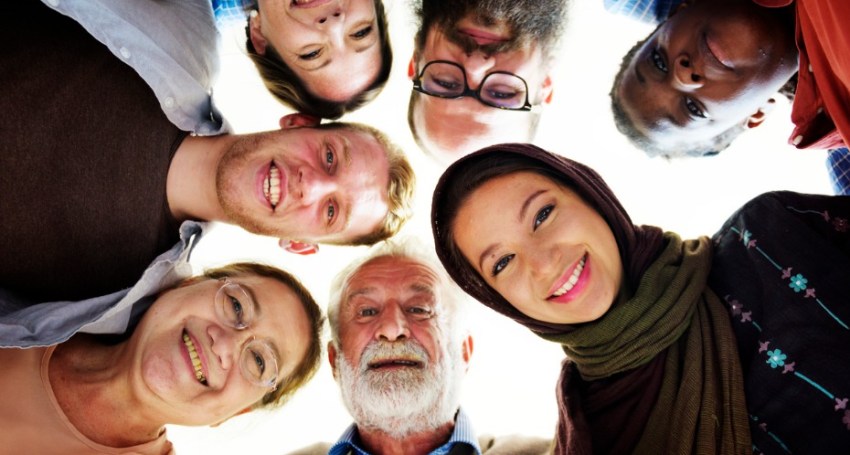Research reveals need for investment in refugee resettlement hot spots
News
Place-based investment is urgently needed to help Australia’s major settlement cities meet the needs of growing refugee communities, according to new research by Australian Catholic University and the Edmund Rice Centre.

Housing pressures, high unemployment and access to educational opportunities are the major challenges facing refugees resettling in Australia, according to the Settlement Cities Report.
However, the research showed that ethnic and linguistic community networks and associations provided vital settlement support to newly-arrived refugees.
The 12-month study is the first detailed investigation of refugee settlement through the lens of Australia’s major settlement cities.
It explored place-based refugee settlement across the nation, focusing on the local government areas of Logan City in Brisbane’s south, Hume, Casey and Greater Dandenong in Melbourne, Fairfield and Liverpool in Sydney’s southwest and Salisbury, north of Adelaide.
Advertisement
The research was based on in-depth conversations with refugees, refugee community leaders and local service providers.
It examined the aspirations and challenges of settlement, how refugees felt about their new home, where they found inclusion and belonging, and how well they were able to access essential services such as healthcare or education.
Edmund Rice Centre for Justice and Community Education Senior Researcher Dr Altin Gavranovic
said community associations helped foster a feeling of belonging and connection to services that might be otherwise hard to access.
“A major factor in making settlement cities attractive is the presence of vibrant and familiar ethnic and linguistic communities,” Dr Gavranovic said.
“These communities complement formal settlement services in assisting with settlement support and orientation in the early days after arrival, offer a sense of familiarity, early opportunities for belonging and inclusion, and sustain ethnic businesses that provide familiar goods and services.
“Community networks and associations play a pivotal role in helping refugees to settle well in Australia. Stronger support for these organisations and the people who run them would make them more effective and reduce the risks of burnout for community leaders.”
Advertisement
The project also revealed the challenges each city faced accommodating large numbers of new arrivals, highlighting key lessons for policymakers and politicians about how to tackle refugee settlement.
Dr Gavranovic said place-based investment was needed to help LGAs meet the requirements of refugee communities.
“Housing and employment are often challenging to secure in the settlement city. Most settlement cities experience higher unemployment than the national average, while in some places high population densities are putting additional pressure on the availability of housing,” Dr Gavranovic said.
“While many services within settlement cities work hard at being inclusive and accessible to refugees, the experience of refugees trying to access services is still quite uneven. More work needs to be done in making service-provision more consistently accessible to new refugee arrivals.”
The report made several key recommendations, including:
- the expansion of existing humanitarian visa policies that support settlement cities
- greater financial and material support for community associations
- hiring bi-cultural workers for mainstream services operating in settlement cities
- place-based hubs to bring services closer to areas where refugees live or congregate
- outreach programs to build awareness about services and confidence to engage with them
- collaboration with community associations to disseminate information and deliver assistance
- a review of initial on-arrival support to reduce information overload and tailor long-term assistance.
Australian Catholic University refugee expert Dr Mary Tomsic, who co-authored the report, said it was the first study of its kind.
“Cultural diversity is central to Australia’s national identity, but very little research has been done to explore the main places that refugees settle in Australia,” Dr Tomsic said.
“This is a report as much about the achievements of refugees and those who help them to settle, as it is about the ongoing challenges faced by refugees and the localities that settle them.”
Settlement Cities: A Place-based Look at Humanitarian Settlement in Australia, was undertaken by the Australian Catholic University’s Stakeholder Engaged Scholarship Unit and the Edmund Rice Centre for Justice and Community Education with 17 Australian organisations, including local city councils.











Comments
Show comments Hide comments